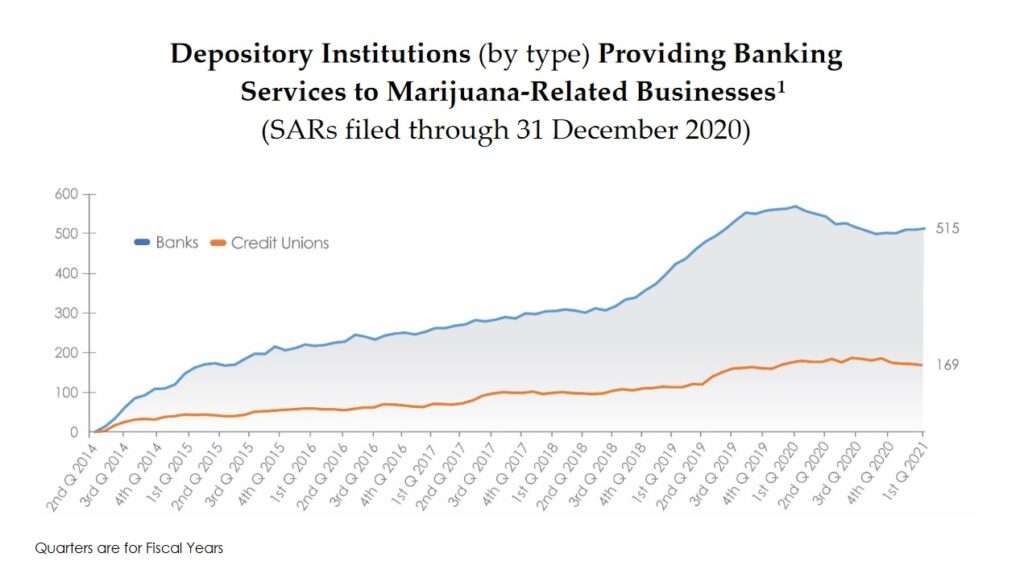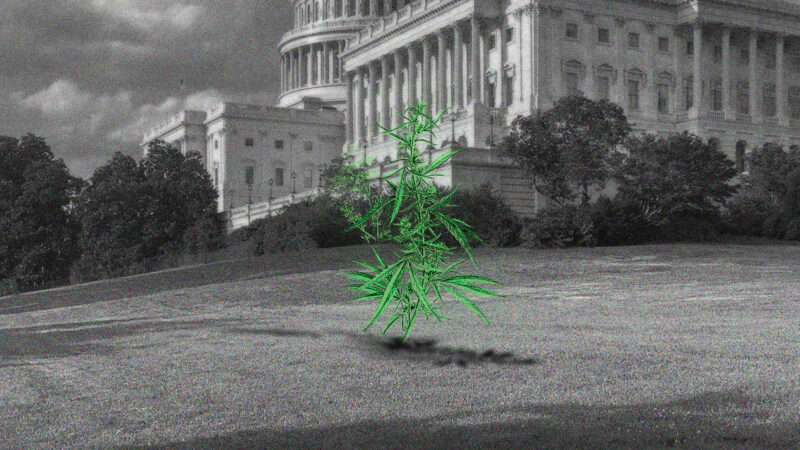From Judge Wilhelmina M. Wright’s decision Friday in Goyette v. City of Minneapolis:
The individual Plaintiffs are journalists, photographers, and other members of the press who bring this lawsuit on behalf of themselves and other similarly situated individuals….
On May 25, 2020, George Floyd died as a result of an encounter with four officers of the Minneapolis Police Department, including then-officer Derek Chauvin. Plaintiffs commenced this lawsuit in June 2020 alleging that the State Defendants engaged in a pattern and practice of infringing the constitutional rights of members of the press who were documenting the protests that followed George Floyd’s death. In response to the protests, Minnesota Governor Tim Walz implemented nighttime curfews in Minneapolis and Saint Paul, with an exemption for members of the press. The State Defendants allegedly disregarded the press exemption and targeted the press. According to Plaintiffs, the State Defendants threatened, harassed, assaulted and arrested members of the press in multiple incidents over several days after the death of George Floyd. Goyette moved for a temporary restraining order to prevent the State Defendants from further violating the constitutional rights of the press. The Court denied the motion without prejudice because the protests had quelled and Goyette failed to demonstrate an imminent threat of harm.
Recently, additional protests have occurred in Minnesota in connection with the now-ongoing trial of Derek Chauvin. On April 11, 2021, a Brooklyn Center police officer shot and killed Daunte Wright, which led to additional ongoing protests. Plaintiffs allege that the State Defendants continue to violate the constitutional rights of the members of the press who are covering these protests.
Plaintiffs allege several examples, including the police firing rubber bullets at a videographer who was a safe distance from other protestors, orders directing the press to disperse despite the curfew orders expressly exempting the press, and various other acts impeding the press’s ability to observe and report about the protests and law enforcement’s interactions with protestors….
The court granted the following temporary restraining order, to last (at least initially) for 14 days:
[2.] Defendants Minnesota Department of Public Safety Commissioner John Harrington, in his individual and official capacity; Minnesota State Patrol Colonel Matthew Langer, in his individual and official capacity; and their agents, servants, employees and representatives (“State Defendants”), are hereby enjoined from:
- arresting, threatening to arrest, or using physical force—including through use of flash bang grenades, non-lethal projectiles, riot batons, or any other means—directed against any person whom they know or reasonably should know is a Journalist (as defined Paragraph 4 below), unless the State Defendants have probable cause to believe that such individual has committed a crime. For purposes of this Order, such persons shall not be required to disperse following the issuance of an order to disperse, and such persons shall not be subject to arrest for not dispersing following the issuance of an order to disperse. Such persons shall, however, remain bound by all other laws;
- using chemical agents directed against any person whom they know or reasonably should know is a Journalist, including but not limited to mace/oleoresin capsicum spray or mist/pepper spray/pepper gas, tear gas, skunk, inert smoke, pepper pellets, xylyl bromide, and similar substances, unless such Journalist presents an imminent threat of violence or bodily harm to persons or damage to property; and
- seizing any photographic equipment, audio- or videorecording equipment, or press passes from any person whom the State Defendants know or reasonably should know is a Journalist, or ordering such person to stop photographing, recording, or observing a protest, unless the State Defendants are lawfully seizing that person consistent with this Order. Except as expressly provided in Paragraph 3 below, the State Defendants must return any seized equipment or press passes immediately upon release of a person from custody.
[3.] If any State Defendant, agent or employee of the State Defendants, or any person acting under the State Defendants’ direction seizes property from a Journalist who is lawfully arrested consistent with this Order, such State Defendant shall, as soon thereafter as is reasonably possible, make a written list of seized property and shall provide a copy of that list to the Journalist. If property seized in connection with the lawful arrest of a Journalist is needed for evidentiary purposes, the State Defendants shall promptly seek a search warrant, subpoena, or other court order to authorize the continued seizure of such property. If such a search warrant, subpoena, or other court order is denied, or if property seized in connection with an arrest is not needed for evidentiary purposes, the State Defendants shall immediately return the seized property to its rightful possessor.
[4.] To facilitate the State Defendants’ identification of Journalists protected under this Order, the following shall be considered indicia of being a Journalist: visual identification as a member of the press, such as by carrying a professional or authorized press pass or wearing a professional or authorized press badge or other official press credentials or distinctive clothing that identifies the wearer as a member of the press. These indicia are not exclusive, and a person need not exhibit every indicium to be considered a Journalist under this Order. The State Defendants shall not be liable for unintentional violations of this Order in the case of an individual who does not carry or wear a press pass, badge, or other official press credential or distinctive clothing that identifies the wearer as a member of the press.
[5.] The State Defendants are not precluded by the Order from issuing otherwise lawful crowd-dispersal orders. The State Defendants shall not be liable for violating this injunction if a Journalist is incidentally exposed to crowd-control devices after remaining in the area where such devices were deployed, in conjunction with the enforcement of an otherwise lawful dispersal order.
This raises interesting questions about who is “a member of the press”; for instance, would anyone who is gathering information to communicate the public qualify? (The First Amendment has generally been understood as protecting everyone who uses mass communications technology, rather than creating some specific rights for people who are employed by some media enterprise.) What happens if lots of people wear what appears to be a “professional … press pass” or “distinctive clothing,” precisely because that authorizes them not to disperse when ordered to do so?
I don’t know if much law has been developed recently that helps clarify such matters (which of course arise in other such protest coverage cases as well); but for now, I thought I’d flag the order, which seems interesting and important. If you’re interested in more of the court’s First Amendment analysis, see here.
from Latest – Reason.com https://ift.tt/3egSWuS
via IFTTT


